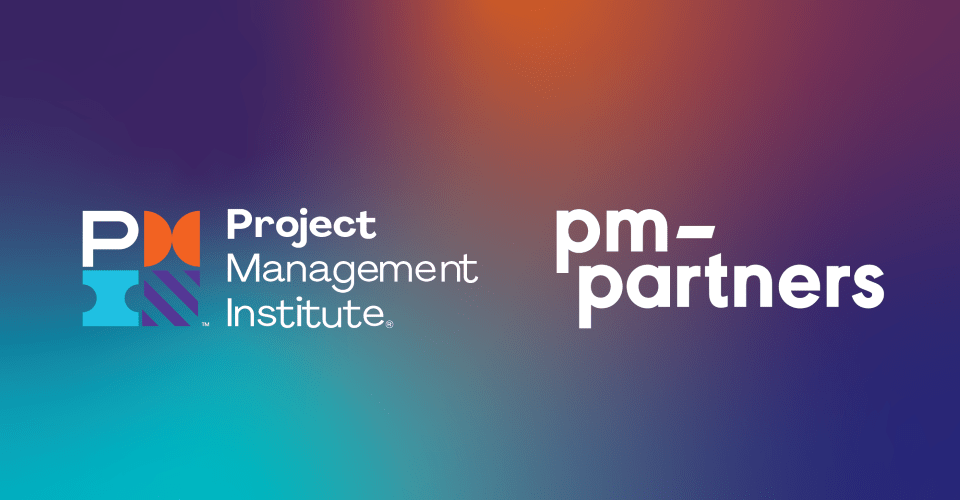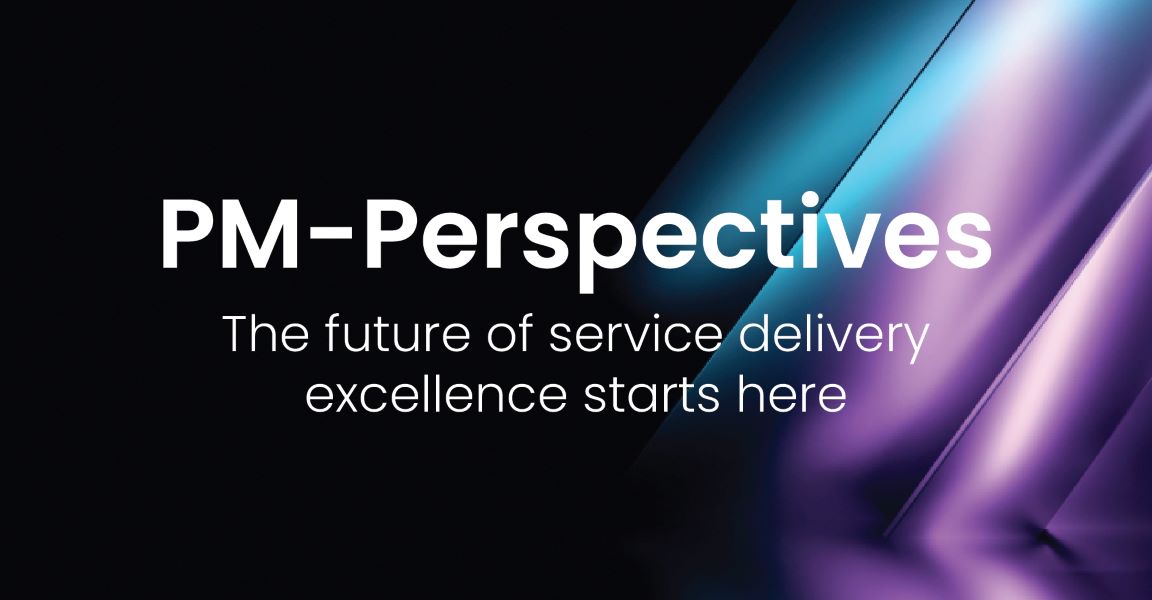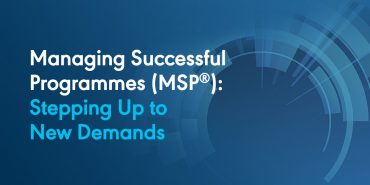What are micro-certifications and digital badges and why are they important?

Looking to uplift employee capabilities? Micro-certifications and digital badges both play an important role. So what are they and how can you make them work for your organisation? Jourdan Clark, PM-Partners Professional Development Manager, explains.
One of the main challenges facing human resource management is recruiting employees with the right mix of knowledge and skills. Have you ever asked yourself how successful organisations overcome this challenge?
One solution lies in using micro-certifications (micro-credentials) and digital badges to upskill incoming and current employees. They can also foster a culture of continuous learning and complement more formal courses and accreditations. If you’re unfamiliar with these terms, don’t worry. Here we explain what micro-certifications and digital badges are and how they can help to strengthen your team’s delivery capabilities.
What is micro-certification?
Micro-certification is best described as learning that happens in small chunks and focuses on a narrow area of study, with the aim of honing proficiency over a short period. These certifications are easier and faster to complete than a traditional higher education qualification, requiring anywhere from 20-60 hours.
Why are micro-certifications important for your organisation?
There are many organisational benefits of micro-certification. Here are a few of the top ones.
Micro-credentials are more relevant and targeted
With ever-smarter machines and a dynamic world, employees need skills they may not acquire during formal academic learning. The micro-credentials you incorporate into your training program will depend on the type of industry and job functions. The aim is to focus only on specific, relevant skills that team members need to better perform a task or work more effectively in their role.
Micro-credentials aid team recruitment
Micro-credentials help human resource teams recruit the most appropriate candidates for jobs. In addition, an organisation can depend on micro-credentialing programs to provide focused training to transitioning employees or those who need to improve their skills.
It’s a platform for continuous growth
Micro-certification training programs can enhance your team’s technical performance, critical thinking, problem-solving, collaboration, and communication skills. Top organisations have adapted micro-credential programs to instill a mindset of continuous learning and mobility among their team members.
Micro-credentialing is faster and more affordable
Micro-credentialing programs are shorter than a traditional college or university education. As such, the team can continue with their usual duties as they learn on a part-time basis. This ensures continuity of production or service with seamless learning. Micro-credentials also cost far less to acquire; even an organisation with a minimal budget can upskill its employees.
Micro-credentialing provides industry training solutions
For an industry with associations, member institutions can develop a set of basic skills relevant to their subject area. For example, if the organisation’s industry has critical best practice standards, a micro-credential course will ensure the team’s knowledge and skills meet those standards.
What are the best micro-credential practices for teams?
Regardless of whether an organisation is launching new microprograms or revamping an existing one, here are five key practices:
- Do not measure time spent learning; instead, measure the team’s competency
- Promote and encourage collaboration between team members
- Always relate the content and skills adopted to the team’s specific role
- Keep the program focused throughout, do not add unnecessary skills
- Track team and organisational performance to gauge where and how the programs impact results.
What are digital badges?
A digital badge is a web-based icon that you can click to view special verifiable data associated with an acquired micro-credential. In other words, it is a visual representation of the skills a person has gained through a micro-certification training program.
Some of the information shown by digital badges typically includes:
- Issuing institution
- Learning or professional development achievement
- Criteria for earning the badge
- Key skills demonstrated
- The date the badge was issued
- Evidence that the owner met the criteria.
Evidence is either uploaded or shared via a link. Some of the evidence showing the owner met the criteria includes:
- Some of the learner’s works
- Endorsement of the learners’ peers
- Endorsement of the learner by experts
- Documents and more.
People usually share digital badges on social media, through links in resumes, or they are embedded in an e-portfolio.
What is the importance of digital badges for organisations?
Over the last few years, digital badges have been a game changer in higher education and around the world. They are simply a digital version of traditional certifications.
With digital badges gaining acceptability, organisations can now evaluate prospective employees’ desired skills. Digital badges enable an organisation to spot good employee prospects from their social media profiles, e-portfolios, and resumes.
In addition, a digital badge is one of the ways a supervisor can gauge a current employee’s capabilities as it shows that they have a particular set of skills. It can also help them decide if an employee has the right skill set for a promotion.
What companies offer digital badges?
Companies that offer digital badges include IBM, Google, and HubSpot. In addition, training organisations such as PM-Partners also provide digital badges to their students on completion of a micro-credential.
Looking to uplift your team’s capabilities?
Micro-credentials and digital badges are a great way to increase your team’s skill set. Not only will they improve capabilities, but they can help to drive project management success. Targeted training for less cost and in less time is a win-win for both your organisation and team members.
Contact PM-Partners to find out how we can help you achieve your outcomes by developing a customised micro-credential training program. Or call our professional development team on 1300 70 13 14 today.

About The Author
Jourdan Clark
Professional Development Manager, PM-Partners
Jourdan is always up to date with the latest in global best practice standards and certifications. Working daily with product, project, programme and portfolio managers, as well as change managers and business analysts, she is adept at aligning her customer’s aspirations with the optimum training program for their needs. Whether their journey involves progressing from project manager to head of PMO, or supporting their organisation’s transition to Agile product delivery, Jourdan is the person to speak with.








